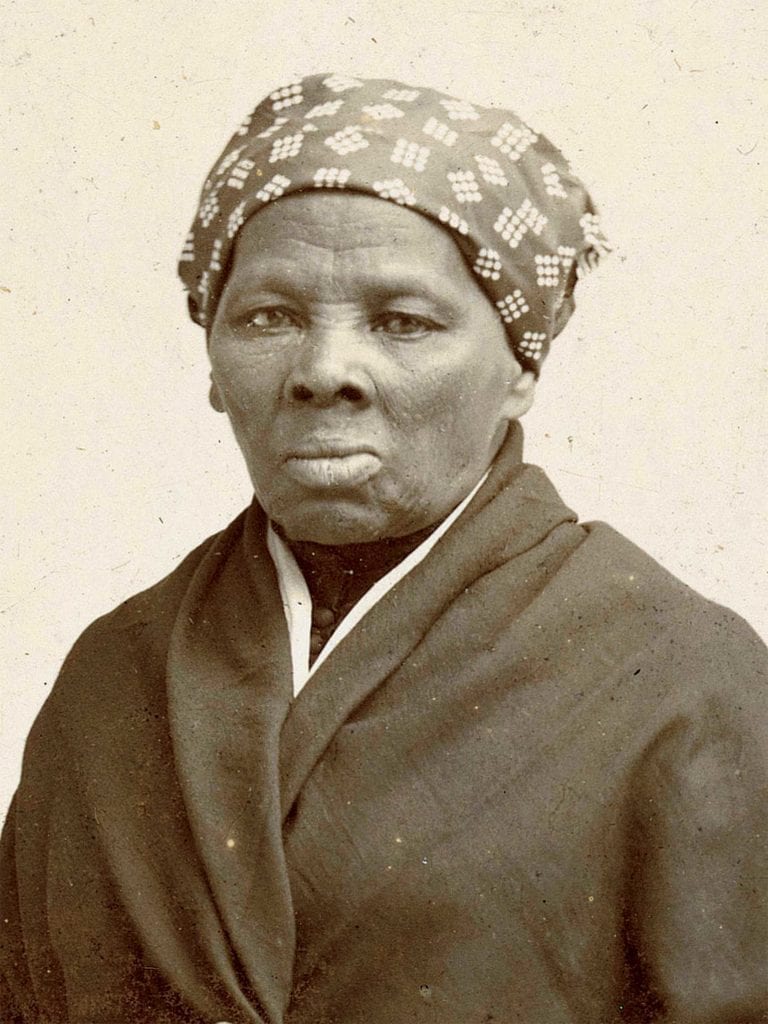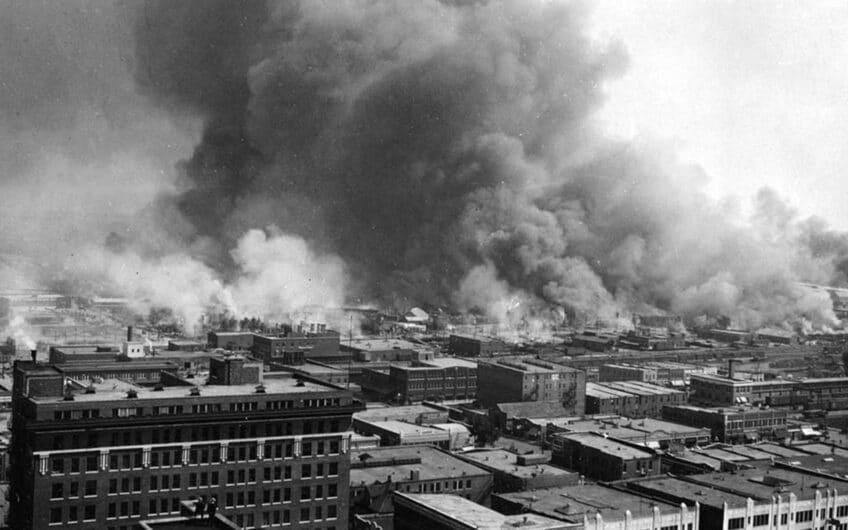
Considered one of the most courageous operations to free imprisoned slaves, the Underground Railroad was an important network of people and paths that assisted escapees to the north and Canada.
While the exact date of its development is unknown, experts at the Independence Hall Association estimate it coming into existence near the end of the 1700s.
The road to freedom was anything but as easily manageable as a railroad. In fact, The United States National Park Service states the slaves navigated through rough terrains, both natural and manmade. Trekking through rivers, canals and bays, escapees sought refuge through networks of safe homes and generous freedom fighters.
In addition to going north, those on the run headed for safety in places like Mexico, the Caribbean Islands and even Europe. Thanks to the dedication from advocates, prisoners took back their freedom before slavery was officially abolished.
Celebrate Black History Month by learning more about the significance of the Underground Railroad and those who worked to keep it operating smoothly.
How it Started
According to the National Underground Railroad Freedom Center, the 18th century Quakers are credited with forming the secret network. As members of the Religious Society of Friends, the organized abolitionists believed slavery was against their Christian faith, encouraging them to become active in the fight for equal rights. Because the risks were so severe for those involved, they created a unique terminology to discuss participants, safe places and secret codes.
Harriet Tubman
“I was the conductor of the Underground Railroad for eight years, and I can say what most conductors can’t say — I never ran my train off the track and I never lost a passenger.”
Harriet Tubman was one of the most well-known conductors of the secret railroad. Once a slave herself, she escaped to freedom in 1849 before leading hundreds of prisoners and family members to freedom. The following year, the Fugitive Slave Act of 1850 was enacted to make life as a conductor much more difficult and dangerous.
The NPS reports that this act was meant to require the reporting and arrest of anyone suspected of being a runaway slave and incentivized kidnapping those of African descent. It also instilled strict penalties like fines and jail time for those involved in the network.
Tubman would continue helping her peers escape until the Underground Railroad ceased operations around 1863, during the Civil War.






